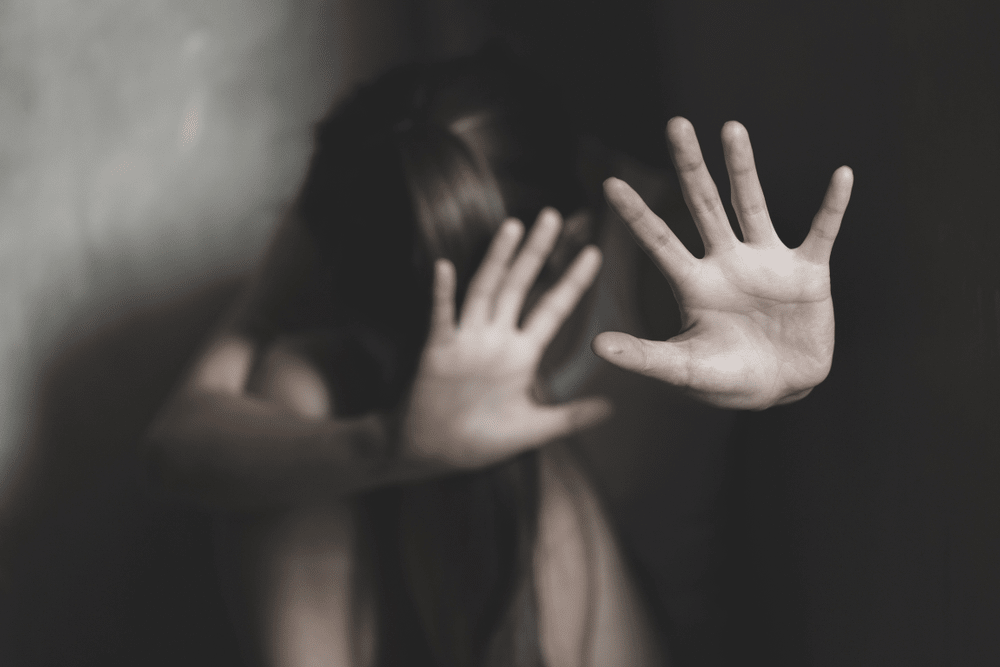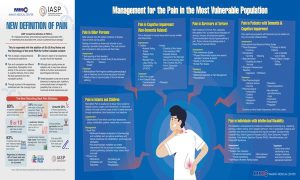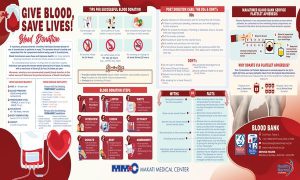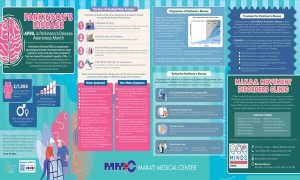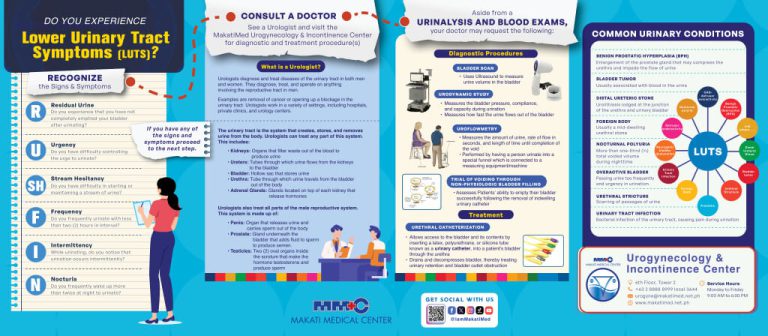Sexual abuse is uwanted sexual activity through the use of force, threats, or taking advantage of another person’s sexuality without any form of consent. Motives may vary from one perpetrator to the other, but it is commonly done for pleasure or personal benefit.
Other than rape and trafficking, sexual abuse can come in many different forms. This includes secretly recording compromising videos, threats of spreading naked images, and viewing another person’s body in a sexual way without permission.
Most sexual abuse victims are women, and men are the usual perpetrators. To give a better idea of its prevalence, statistics show that one in three women are likely to experience sexual abuse during their lifetime.
Even though they make up the majority of sexual abuse victims, the fact is exploitation can be done by both women and men. Without proper attention and care, it can cause severe psychological trauma that can last a victim’s lifetime.
Sexual abuse and exploitation: the long-term effects on victims
Sexual abuse chooses no age, race, or gender. On a global scale, it is even estimated that up to 1 billion minors between the ages of 2 to 17 have experienced some form of unwanted sexual activity. To aid victims in their journey to recovery, it is essential to be aware of the psychological conditions they may carry over their lifetime.
1. Depression
Out of all psychological effects, depression has been stated as the most common condition among survivors. They may have a difficult time expressing their thoughts and emotions about their experience, and this repression can cause feelings of worthlessness and long bouts of sadness.
As they continue to feel down, survivors may come face-to-face with suicidal thoughts, disturbances in sleep patterns, and irregularities in food consumption.
2. Body issues and eating disorders
Survivors tend to be dissatisfied with their bodily appearance and have higher chances of being obese or developing negative eating habits. Other than bulimia and anorexia, data suggest that survivors may also develop SSD (somatic symptom disorder) and type 2 diabetes.
3. Stress and anxiety
Stress and anxiety are common in victims of childhood sexual abuse. Even after the experience has passed, survivors may still have episodes of anxiety attacks when exposed to specific triggers.
To give you a point of comparison on how frightening this experience is, a study compared the post traumatic stress disorder (PTSD) symptoms of Vietnam War veterans to adult survivors of sexual abuse. The findings state that childhood sexual abuse is just as traumatizing and can result in similar symptoms.
4. Sexual dysfunction
Survivors report that they experience various difficulties engaging in sexual activity. Physical challenges may include bodily pains, erectile dysfunction, and vaginal pain. There are also emotional struggles that may come in the form of disinterest, emotional distance, and difficulty feeling aroused.
5. Fear of intimacy
Victims of sexual abuse may have difficulties in establishing relationships with others. If the perpetrator is someone very close to them, survivors will likely develop trust or intimacy issues. Flashbacks and other painful memories may suddenly get the best of them and cause difficulties in maintaining a loving and healthy relationship.
6. Low self-esteem
Survivors tend to take full responsibility for their actions and often experience feelings of self-hate, shame, and guilt. Because of the negative messages and acts they received from their abusers, it is highly likely that they also have self-esteem issues. This may pave the way for harmful coping mechanisms such as substance abuse, self-mutilation, and even suicide.
What to do when someone steps forward
Unfortunately, personal shame and the stigma surrounding sexual abuse discourage victims from getting help. In fact, most cases of sexual exploitation go unreported due to feelings of guilt. To make things easier for survivors, everyone needs to learn the value of empathy and become an ally for them. If you know a family member or friend who is still suffering from the trauma, here are the things you should do.
1. Listen to what they have to say
At the end of the day, people in pain just want to be heard. You may have some things to share and pieces of advice to give, but do not say anything unless they ask for it. If you keep on sharing your thoughts and insights, you may discourage them from sharing any further by redirecting the conversation to yourself.
2. Refrain from passing judgment
It may be easier to point fingers and pass judgment, but you need to understand that sexual abuse is never the victim’s fault. Men should keep in mind that comments such as “What were you wearing that night?” or “How many drinks did you have?” are invalid and wrongfully put the blame on the victim.
3. Do not downplay their experience
Never invalidate a person’s feelings. Whether it is catcalling or rape, you should never tell someone how they should feel about their experience. Instead of telling them that it is not a big deal and that they should just move on, you should focus your efforts on making sure that the perpetrators are accountable for their irresponsible behaviors.
4. Ask what you can do for support
Everybody has different love languages and coping mechanisms. Some people may want to process things alone, while others prefer to confide in another person’s affection. Ask your loved one what you can do to help and they will eventually come to accept it.
5. Do not force anything
If the victim is not ready to share his/her experience, do not force things out. Even though a story that is cut short or lacking details may be difficult to comprehend, you should not take it against them. Trauma can still get the best of people long after the experience. Stay patient and let them know that they can share whenever they are ready. This way, healing is encouraged and becomes faster.
Be an ally: Stand up against sexual abuse
Sexual abuse is one of the most unsettling acts of violence that has affected millions of lives. Even though governments and law enforcement agencies have taken measures to counter its prevalence, its occurrence and impact on an individual and society is a harsh reality that can not simply be ignored.
The fight against sexual abuse starts by standing up against ignorance. To counter the stigma that surrounds the issue, it is important to educate others about its long-term ramifications to the victim. Rape and other forms of sexual exploitation are never the victim’s fault, and everyone must hold each other accountable for the betterment of our society.
Have you or a loved one recently experienced sexual abuse? Do you know someone in need of help? Our experts are here to help; contact us today for psychological therapy.

